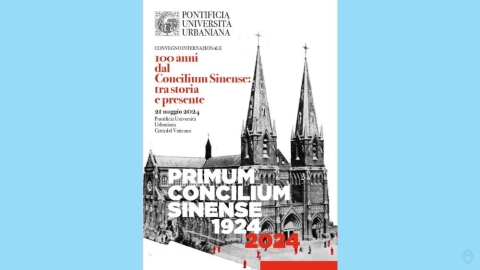St. Leo the Great, Sermon on Lent

In proposing to preach this most holy and important fast to you, dearly beloved, how shall I begin more fitly than by quoting the words of the apostle, in whom Christ Himself was speaking, and by reminding you of what we have read: “Behold, now is the acceptable time, behold now is the day of salvation” (II Cor. 6:2).
The Lenten practice should consist above all in interior renunciation.
As we are therefore, dearly-beloved, about to enter into those mystic days which are dedicated to the benefits of fasting, let us take care to obey the apostle's precepts, “cleansing ourselves from every defilement of flesh and spirit” (II Cor. 7:1).
That by controlling the struggles that go on between our two natures, the spirit which, if it is under the guidance of God, should be the governor of the body, may uphold the dignity of its rule; so that we may give no offense to any, nor be subject to the chidings of reprovers. For we shall be rightly attacked with rebukes, and through our fault ungodly tongues will arm themselves to do harm to religion, if the conduct of those that fast is at variance with the standard of perfect purity.
For our fast does not consist chiefly of mere abstinence from food, nor are sweets withdrawn from our bodily appetites with profit, unless the mind is recalled from wrong-doing and the tongue restrained from slandering.
In the practice of virtue
This is a time of gentleness and long-suffering, of peace and tranquility; when all the pollutions of vice are to be eradicated and continuance of virtue is to be attained by us. Now let godly minds boldly accustom themselves to forgive faults, to pass over insults, and to forget wrongs. Now let the faithful spirit train himself with the armor of righteousness on the right hand and on the left, that through honor and dishonor, through ill repute and good repute, the conscience may be undisturbed in unwavering uprightness, not puffed up by praise and not wearied out by reviling.
The self-restraint of the religious should not be gloomy, but sincere; no murmurs of complaint should be heard from those who are never without the consolation of holy joys.
And in the practice of good works
The decrease of worldly means should not be feared in the practice of works of mercy. Christian poverty is always rich, because what it has is more than what it has not. Nor does the poor man fear to labor in this world, to whom it is given to possess all things in the Lord of all things. Therefore, those who do the things which are good must have no manner of fear lest the power of doing should fail them; since in the gospel the widow's devotion is extolled in the case of her two mites, and voluntary bounty gets its reward for a cup of cold water. For the measure of our charitableness is fixed by the sincerity of our feelings, and he that shows mercy on others will never want for mercy himself.
The holy widow of Sarepta discovered this, who offered the blessed Elias in the time of famine one day's food, which was all she had, and putting the prophet's hunger before her own needs, ungrudgingly gave up a handful of grain and a little oil. But she did not lose what she gave in all faith, and in the vessels emptied by her godly bounty a source of new plenty arose, that the fullness of her substance might not be diminished by the holy purpose to which she had put it, because she had never dreaded being brought to want.
Sources: FSSPX / FSSPX.News – 3/9/2019





